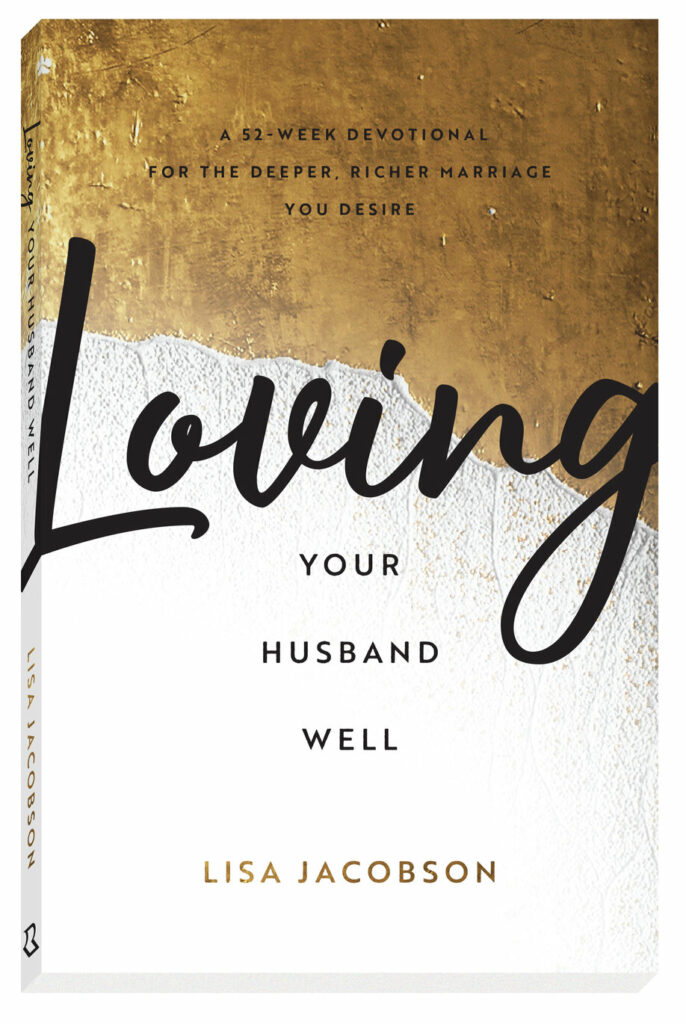Conflict and Offense: The Real Danger in Being Offended
What kind of harm do we put on relationships (or ourselves) when we get offended?

“I don’t think that bill we discussed was paid correctly.” My husband speaks the words and something in me immediately bristles. My reaction is subtle, indistinguishable from the outside, but I feel it. I barely remember the bill he’s referring to, but I am pretty sure whatever it was, I did it correctly.
“Remember”, he pushes gently, “I asked you to pay that bill differently this month.”
“Yes, I’m pretty sure I took care of that just as we discussed,” I smart confidently. Something reflexive (and not all that humble) in me is pretty certain whatever it was, I did it. And I did it right.
This is how finances work in our home. For the past six years, my husband has been the manager of all things financial. I pay the few bills that aren’t automatically withdrawn, but he is primarily responsible for keeping everything in balance. I’m not advocating this as a perfect design, but after 16 years of marriage, it is a system we have settled into comfortably, one that works pretty well for us.
Until he questions my bill paying abilities, that is.
I grab my laptop, while he scrolls the budgeting software on his phone and we both come to the same conclusion. He was right; I did it wrong. Meh. I really don’t like being wrong. Humility is not always my natural reflex and being shoe-horned into it is even less favorable.
Recently I was reading through Genesis and came across the familiar passage of Cain and Abel. Remember Abel was the shepherd and Cain worked the land. They both brought an offering before the Lord. Cain brought some fruit and Abel the firstborn of his flock.
Abel’s offering was respected by God, Cain’s was not.
Now I realize that these offerings were steeped long in tradition and expectation. We could unpack the customs and detail the requirements here; however, what caught my attention this time was the positioning of the scripture.
Look closely with me.
“…it came to pass that Cain brought an offering of the fruit of the ground to the Lord. Abel also brought of the firstborn of his flock and of their fat. And the Lord respected Abel and his offering, but He did not respect Cain and his offering. And Cain was very angry and his countenance fell.”
Genesis 4:3-5
Listen carefully to the Lord’s response here:
“So the Lord said to Cain, “Why are you angry? And why has your countenance fallen? If you do well, will you not be accepted? And if you do not do well, sin lies at the door. And it’s desire is for you, but you should rule over it.”
Genesis 4:6-7
For most of my life, my basic understanding of this passage was something like this: Cain brought a bad offering. Abel brought a good one. Cain got mad and killed Abel. The end. But that minimalist rendition leaves the story devoid of a deeper lesson here.
When the Lord speaks in this passage he enters with gentle questioning. Can’t you see him like an earnest father engaging the heart of his son? Cain, son, what is going on here?
And then he leans in with the weighty warning that reverberates beyond one man and one offering, a caution that resounds thousands of years later to a woman discussing bills with her husband. “If you do not do well, sin lies at the door. And it’s desire is for you, but you should rule over it.”
Do you see it? The Lord’s words are less about the offering and more about Cain’s response to correction. He speaks into that moment when our temptation toward offense is so great. He enters that moment when hostility rushes to the surface and harsh words pulse electric on our lips, ready to fire.
Sin lies at the door, in wait, to bruise our marriages, cripple our friendships, lacerate our relationship with our children, our family, our neighbors in that very moment when we are offended, hurt, defeated, angry.
But the words the Lord speaks to Cain, He speaks also to us.
“Sin is crouching at the door, eager to control you. But you must subdue it and be its master.”
Genesis 4:7 NLT
The Lord is calling us higher. We have two choices in that moment of frustration and disappointment. We can rule over sin or we can let it rule over us. We can let it take seed in our hearts, spill out our lips and do its devastating and deadly work in and amongst us.
I imagine Cain loved Abel. While feeling the normal tension of any sibling relationship, they were the first playmates, the first friends. Even so, sin left unattended had disastrous effects.
Their story, like mine, is about so much more than a poor offering, so much more than offense and anger and crime that devastated a family. Their story speaks of the ravaging nature of sin which seeks to devour every relationship we have unless we become the masters of it. Let’s fight to see it, to notice it and with God’s help, master it.
God, help us become first responders to the sin in our lives. Help us realize our tendency toward offense and turn our hearts toward you. Give us the courage to rule over the thoughts and words that damage our marriages. Convict our hearts quickly, saturate us with humility and help us to be gracious in our interactions. That you may be glorified. In Jesus’ name. Amen.
In Him,
Katie, I Choose Brave

A 52-Week Devotional for the Deeper, Richer Marriage You Desire
An intimate, loving marriage is so much closer than you think
Imagine if, at the end of the year, despite your busy schedules and all the demands on your time and attention, you and your husband were more in sync, more connected, and more in love than ever before. Sounds amazing, right?
That kind of marriage is what is waiting for you as you read through the fifty-two weekly devotions in Loving Your Husband Well. Each entry includes a specific theme, related Scripture, a powerful devotion, thoughts for further reflection, practical ideas, and a prayer, all designed to help you love, cherish, and serve the man who shares life’s journey with you.






